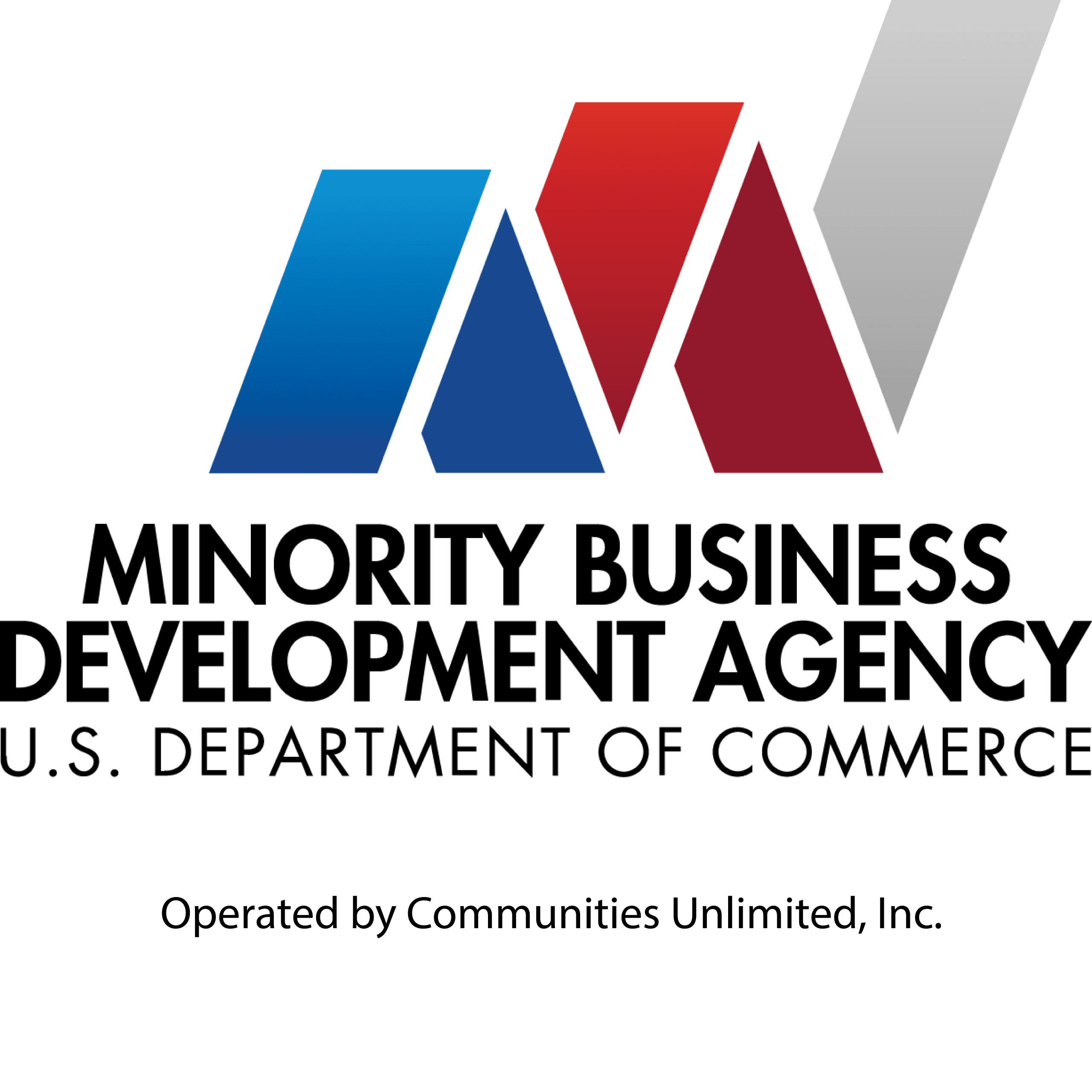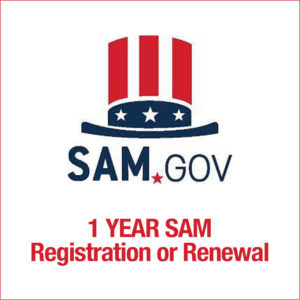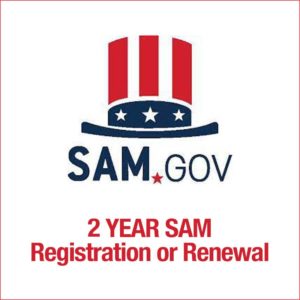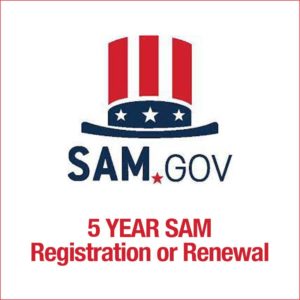Government Commitment to Small Business
All year, our government demonstrated a renewed commitment to fostering small business growth. Recognizing that these enterprises form the backbone of economies, authorities at the national, state, and local levels earmarked substantial funds to support and uplift small businesses. These financial initiatives were designed to stimulate economic activity, create jobs, and enhance overall community well-being.
Impact on Job Creation and Innovation
The substantial investment in our economy during 2023 had a cascading effect on job creation and innovation. By providing financial support to various initiatives, our government helped maintain and create jobs, driving economic recovery in the aftermath of global challenges. Moreover, the funds injected into small businesses fueled innovation, allowing entrepreneurs to explore new markets, adopt technology, and contribute to industry evolution.
Federal Agencies Supporting Small Businesses
Various federal agencies played a pivotal role in the small business initiatives in 2023.
These are a few:
- Small Business Administration, or SBA, is a primary federal agency dedicated to assisting small businesses. It offers loans, grants, and counseling services to help entrepreneurs start, grow, and manage their businesses.
- Minority Business Development Agency, or MBDA, is part of the US Department of Commerce and focuses on promoting the growth of minority-owned businesses through access to capital and contracts.
- US Department of Housing and Urban Development, or HUD, provides support to small businesses through community development programs, grants, and contracts.
- Department of Defense, or the DoD, has various programs and initiatives to support small businesses, including contracting opportunities and research and development funding.

SBA
The Small Business Administration (SBA) in the United States supports small businesses through various programs and services aimed at helping them start, grow, and succeed.
Some keyways in which the SBA supports small businesses include:
- Access to Capital: The SBA provides loan guarantee programs, including the 7(a) Loan Program, 504 Loan Program, and Microloan Program, to help small businesses secure financing when they might not qualify for traditional loans.
- Small Business Counseling and Training: The SBA offers counseling and training services through its network of Small Business Development Centers (SBDCs), Women’s Business Centers (WBCs), and SCORE (Service Corps of Retired Executives) chapters. These resources provide free or low-cost assistance in areas such as business planning, financial management, and marketing.
- Government Contracting Assistance: The SBA helps small businesses navigate federal government contracting opportunities through programs like the 8(a) Business Development Program, HUBZone Program, and the All Small Mentor-Protégé Program. These initiatives aim to increase the participation of small businesses in government contracts.

MBDA
The Minority Business Development Agency (MBDA) in the United States is focused on promoting the growth and competitiveness of minority-owned businesses. It provides a range of programs and services to support small businesses owned by individuals from minority communities.
Here are some ways in which the MBDA supports small businesses:
- Business Consulting and Technical Assistance: MBDA Business Centers offer one-on-one consulting and technical assistance to minority-owned businesses. This support includes strategic planning, marketing, financial management, and other essential business development services.
- Access to Contracts and Markets: The MBDA assists minority-owned businesses in accessing federal contracts and private sector opportunities. This includes helping them navigate the procurement process, connect with potential clients, and participate in various business matchmaking events.
- Strategic Partnerships and Networking: The MBDA facilitates networking opportunities and encourages strategic partnerships between minority-owned businesses, corporations, and government agencies. This helps create business connections and collaborations that can lead to growth and increased opportunities.
State and Local Initiatives
In addition to federal efforts, many states and local governments rolled out their own initiatives to bolster small businesses. These initiatives were often tailored to address regional challenges, promote local economic development, and nurture entrepreneurial ecosystems. Grants, low-interest loans, and mentorship programs were just some of the ways in which state and local governments invested in the success of small businesses within their jurisdictions.
Local Assistance for Small Business Owners
Local resources for small businesses looking to get into government contracting can vary by location, but here are some common resources and organizations that entrepreneurs can explore:
- Procurement Technical Assistance Centers (PTACs): PTACs are a nationwide network of centers that provide local businesses with assistance in government contracting. They offer training, counseling, and resources to help small businesses understand and navigate the government procurement process.
- Small Business Development Centers (SBDCs): SBDCs, often hosted by local colleges or universities, offer counseling and training services to small businesses. They can provide guidance on government contracting, including procurement processes and requirements.
- Local Chambers of Commerce: Chambers of Commerce are valuable resources for networking and information. They may host events, workshops, or provide guidance on government contracting opportunities in the local area.
- Minority Business Development Agency (MBDA) Business Centers: MBDA Business Centers focus on supporting minority-owned businesses. They can provide assistance and information on government contracting opportunities, especially those aimed at minority entrepreneurs.
- Local Government Procurement Offices: Many local governments have procurement offices that handle contracts for goods and services. Small businesses can reach out to these offices to understand local contracting opportunities and requirements.
Looking Forward
As we reflect on the significant financial investments made in small businesses during 2023, it is essential to recognize the ongoing importance of supporting these enterprises. Our government will likely continue to play a crucial role in nurturing entrepreneurial ecosystems, fostering innovation, and driving economic growth through strategic funding initiatives. The collaborative effort between governments and small businesses underscores a shared commitment to building a sustainable and thriving economic future. Let Select GCR help you achieve your government contracting goals.






